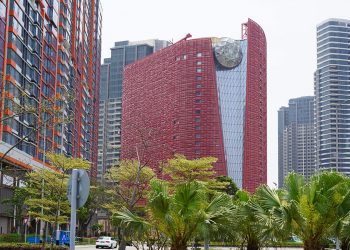The decline of Macau’s junket sector is seen as a long-term positive for the stability of the local gaming industry, with a decent chunk of former junket players likely to convert to direct VIP and premium mass, according to brokerage Bernstein.
In a Wednesday note, Bernstein analysts Vitaly Umansky and Kelsey Zhu estimate that between 15% and 30% of junket VIP players will return via the more lucrative premium mass segment while others will migrate to direct VIP, allowing operators to cut out the middle-man.
“As junket business goes away, some players may well shift and we forecast that between 15% to 30% of junket VIP business could shift back to premium direct and premium mass,” they wrote.
“There will also be some negative impact on premium mass from the disappearance of junkets – we estimate between 10% and 25% of ultra-premium mass and 5% to 10% of premium mass may disappear due to junket liquidity.
“However, some of the junket business will in all likelihood migrate to premium direct while some segments may see some negative impact from the disappearance of junket liquidity.”
The analysts note that while VIP contributed 39% of GGR in 2019, EBITDA contribution was less than 15%.
As such, the absence of junkets will likely see GGR return to between 69% and 79% of 2019 levels, or between US$25.1 billion and US$28.8 billion, post-recovery. This, however, does not take into account either pent-up demand or capacity expansion via IR openings (Grand Lisboa Palace), upgrades (The Londoner Macao) and expansions (Galaxy Phases 3 and 4).
“Once post-COVID recovery materializes, we expect a less volatile gaming industry with better margin potential (albeit with lower revenue),” the analysts state.
“For Macau, the future of the gaming industry is largely in the Mass and Premium Mass recovery. A shrinking junket business is good for the stability and future opportunity in Macau.”

































